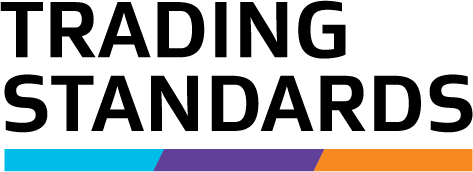The fuel industry in New Zealand
New Zealand’s fuel industry is a vital component of the national economy and transport infrastructure. It comprises a complex network of fuel importation, distribution, storage, and retailing, ensuring reliable access across the country.
Fuel importation
Most of New Zealand’s fuel is imported from refineries located in Australasia and the Middle East, with key supply hubs in Singapore and South Korea.
Currently, 5 companies import finished engine fuel products into New Zealand through most of its ports.
Distribution and storage
The Marsden Point terminal, located at the entrance of the Whangārei harbour plays a critical role in New Zealand’s fuel infrastructure by storing and distributing fuel directly to Auckland via a dedicated pipeline, ensuring reliable and efficient supply to the Central and Upper North Island regions. This network supports approximately 40% of New Zealand’s total fuel demand.
Key infrastructure includes:
- Ruakākā to Auckland Pipeline (RAP): A 170 km pipeline that transports refined fuel to the Wiri terminal in South Auckland. From Wiri, jet fuel is supplied directly to Auckland International Airport.
- Truck Loading Facility (TLF): Fuel is also distributed by road tankers to Northland and Auckland.
In addition to the Marsden Point terminal, there are 10 other major storage terminals across the country that support fuel importation and distribution, ensuring nationwide coverage and supply chain resilience.
Retail and commercial supply
New Zealand’s automotive fuel market includes both retail and commercial operations, with over 15 operators providing a wide range of services.
The 4 largest brands collectively account for around two-thirds of national fuel sales while mid-sized operators offer competitive alternatives across the country. Several other operators maintain a diversity of the fuel market, particularly in niche segments such as rural communities, tourism hubs, and agricultural regions.
Additionally, some supermarket chains operate fuel stations adjacent to their retail outlets, contributing to the overall accessibility of fuel services across the country.
Fuel is also supplied to a variety of vessels at marinas along the coastal line of New Zealand by regional and nationwide operators. These services ensure coverage for both recreational and commercial marine users.
New Zealand’s retail and commercial fuel infrastructure includes:
- ~1,400 service stations accessible to public
- ~400 non-retail fuel stops
- ~30 marinas.
Annual fuel sales across the country total approximately 7 billion litres.
Marine fuel supply
Marine fuels – both distillate and residual grades – are sold for domestic and international voyages by registered suppliers. These suppliers are listed on the Marine Fuel Supplier Register, which supports compliance with the MARPOL Convention (The International Convention for the Prevention of Pollution from Ships) to prevent pollution at sea. More information is available on the Marine Fuel webpage.
Register of marine fuel suppliers
Aviation fuel
Aviation fuel is a significant sector in New Zealand’s fuel supply. However, its quality monitoring falls outside the scope of Trading Standards regulation.
